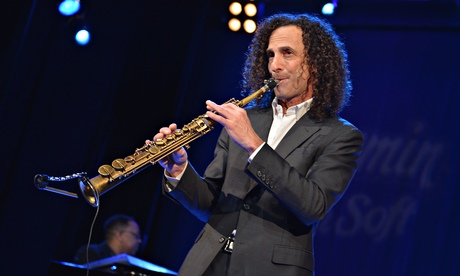Kerry Urges Country to Settle Disputes Differently

China’s Foreign Minister Wang Yi, right, listens while U.S. Secretary of State John Kerry talks before a bilateral meeting at the Putra World Trade Center in Kuala Lumpur, Malaysia Wednesday, Aug. 5,... (Associated Press)
http://www.newser.com/article/61c1655f8bdc49c090495b9f3c7577c0/kerry-pushes-china-to-halt-south-china-sea-land-reclamation-projects-urges-dispute-resolution.html
1) What is the most important number in this article? Why? What numbers are are left out? How do we know who owns land?
2) Why might a Japanese teenager think about this differently than a Puerto Rican? Why might a captain of a ship think of this differently?
3) In what ways is this connected to Twitter? How is this connected to the Columbian Exchange? The Olympics? The internet?
4) In what ways would this be different 100 years? 5 years from now?
5) What is the significance of this? What are the underlying assumptions about diplomacy? In what ways does this affect me? If it doesn't affect me, who might be affected?
Extension Activities:
1) Students can compare and contrast ways in which land has been added to coastlines or created (Battery Park, "The World" in Dubai, etc.) and develop sustainability plans for nations facing issues with rising sea levels or erosion. .
2) Students can research shipping lanes and rank the 10 most valuable (money, access, etc.) for getting specific products to their interests (Fashion, electronics, travel, etc.)
3) Students can research the network of internet cables around the world and evaluate claims of ownership based on proximity to land.
AoK: Natural Sciences
WoK: Emotion


